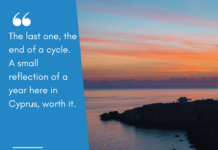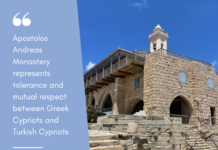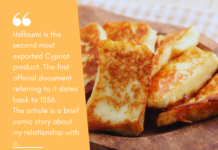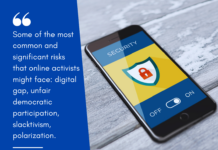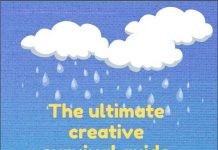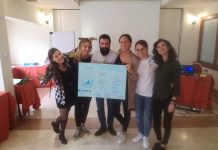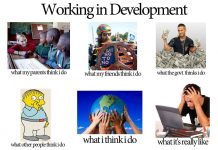It has long been said that travel makes you an open-minded person, but this concept has been rooted more in our culture than in fact. At least, till recent times. This theory has been difficult to prove and, worldwide, psychologists and researchers are still analyzing how being in varied or different environments can train individuals to encode information in multiple ways, building a multitude of associations between concepts.
Some early findings have provided suggestions for the potential of multicultural experience to facilitate creativity and flexibility, but this is still to be demonstrated through empirical research. Specifically, Fee and Gray (2012) tried to test the hypothesis that the processes of cognitive change that expatriates undergo whilst adapting to a new culture can lead to becoming more creative thinkers.1 They gathered data by measuring changes in the creative-thinking abilities of a sample of expatriates over the first 12 months of their placement. The results suggested that comparing a myriad of stories, ambiguous, and challenging situations creates a demand for coping, thus pushing individuals to reshape the way of seeing the world and loosening of one-dimensional routines and attitudes.2 Hence, a more flexible and creative mindset is due to the process of deculturation, letting go of habitual thinking and behavior patterns that have the major impact on creative development.3
In simple words, living abroad for long time can boost your creativity and flexibility, because you learn how to reframe the context around you and see situations from different perspectives. Personally, I believe additional soft skills can be developed while stepping out to our comfort zone, including empathy, self-reliance, interpersonal and intercultural skills, cross-cultural awareness, and adaptability.
Every time I think where I’ve been, I feel extremely privileged. Before turning eighteen, I intentionally traveled to the other part of the globe for study purposes, moving from a European metropolis to the edge of the Australian desert. No, it hasn’t been easy and stress-free as it seems. Two years ago, I started to work and volunteer across the Mediterranean, combining my passion for traveling with professional ambitions. Yes, I feel grateful for these opportunities, including joining the European Solidarity Corps in Cyprus. Adaptation and flexibility have been key-competences, particularly during Covid-19 outbreak, and they occurred in response both to positive and negative experiences.

Leaving my hometown allowed me to develop new interests, deal with diversity, explore my limits and grow professionally. I had the chance to encounter different people, approach new cultures and languages, discover original points of view, taste local foods, and even adapt to quite extreme weather conditions. The path hasn’t been always easy: I faced a wide variety of complex issues, from car breakdowns to unexpected hospitalization in Cyprus. Even though I felt lonely and overwhelmed, I tried to do my best to manage the deriving uncomfortable feelings, deal with difficult situations, insidious insurance procedures and language barriers.
I won’t hide that I often struggle with my privilege mobility. Whether it’s a matter of mindset, opportunities, color of the passport, money, or family/personal circumstances, I’m aware that moving abroad is out of reach for a lot of people. Furthermore, mobility is not always a choice and I’m trying to deal with the discomfort of this unfair reality.
In conclusion, it’s noteworthy that foreign living experiences lead individuals to think differently and consider new perspectives, increasing the psychological readiness to accept and recruit ideas from unfamiliar sources4 and facilitating the creative process.5
Thus, I suggest you embark in new adventures and immerge consciously in unknown environments, making them a precious source of inspiration, learning and reflection.

References:
1 Fee, A., & Gray, S. J. (2012). The expatriate-creativity hypothesis: A longitudinal field test. Human Relations, 65(12), 1515–1538.
2 Idem
3 Idem
4 Schooler, J. W., & Melcher, J. (1995). The ineffability of insight. In S. M. Smith, T. B. Ward, & R. A. Finke (Eds.), The creative cognition approach (pp. 97–133). Cambridge, MA: MIT Press.
5 Leung, A. K.-Y., Maddux, W. W., Galinsky, A. D., & Chiu, C. Y. (2008). Multicultural experience enhances creativity: The when and how. American Psychologist, 63(3), 169–18, available at: https://ink.library.smu.edu.sg/cgi/viewcontent.cgi?article=1537&=&context=soss_research.
https://www.nationalgeographic.com/newsletters/travel/article/does-travel-open-your-mind-july-14

